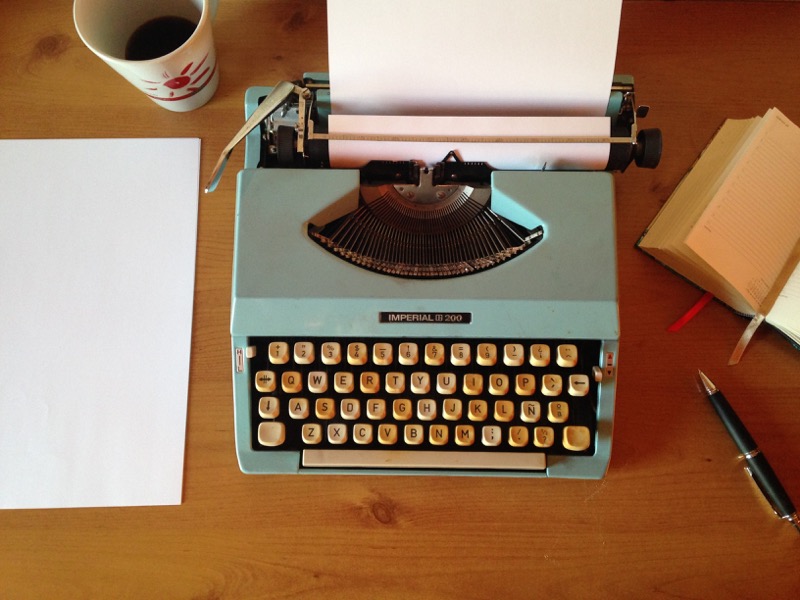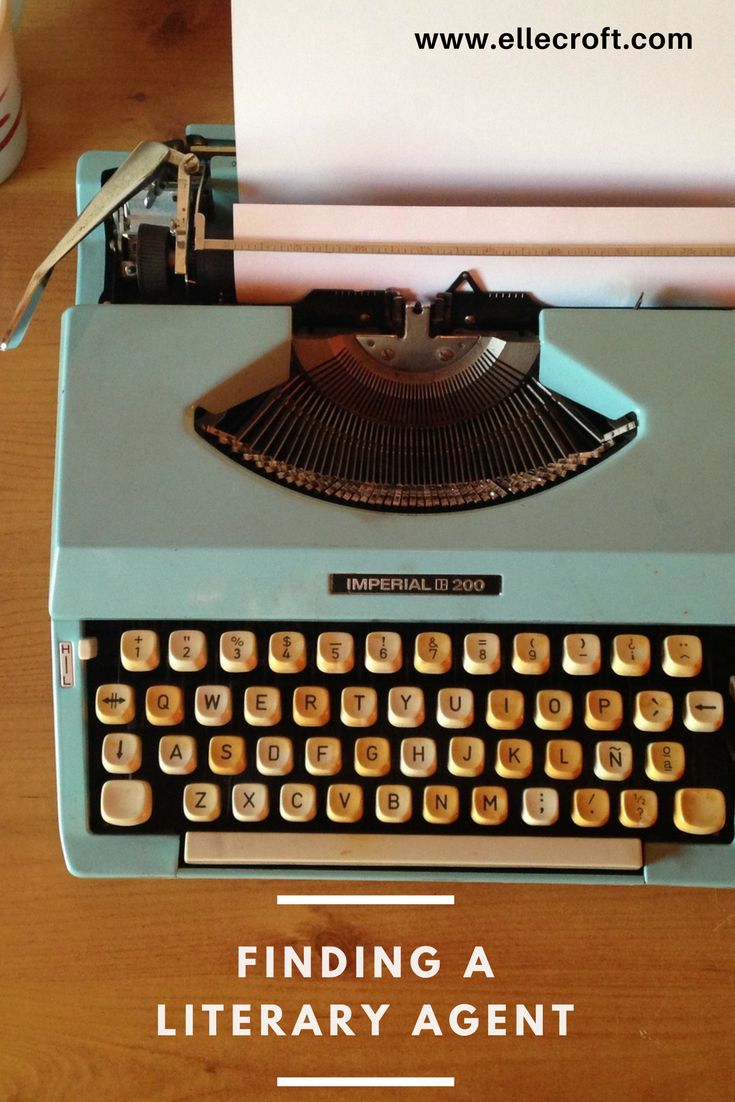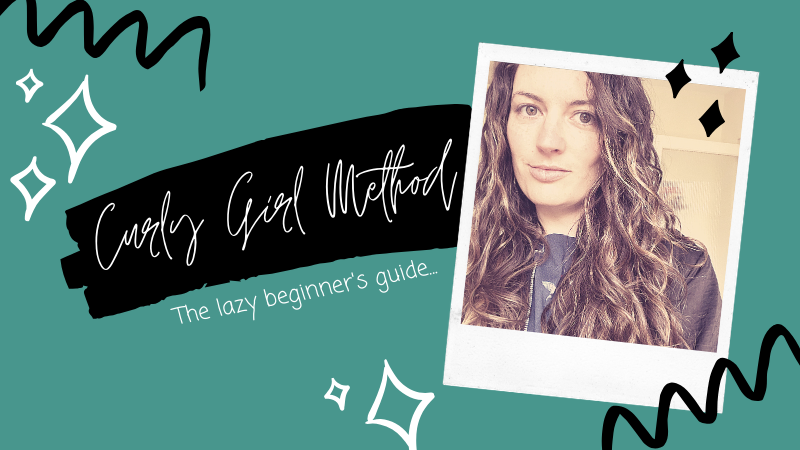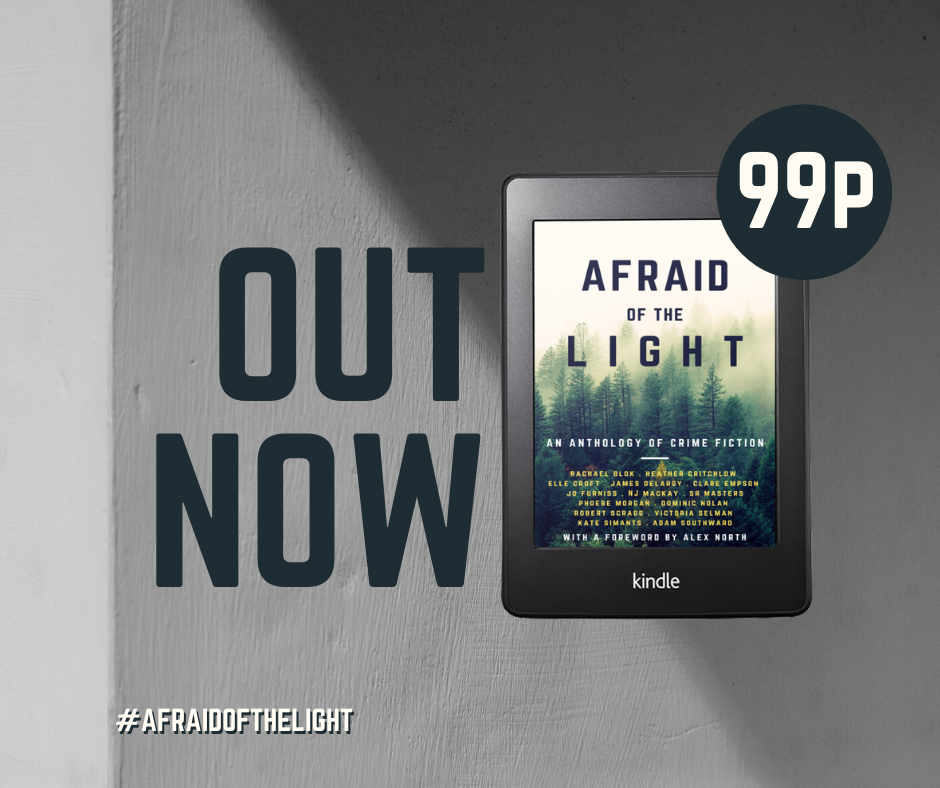
It can be so tempting to begin the search for an agent before you’re really ready.
Throughout my writing process, I was so impatient to get to the next step, and the next one, and the one after that. But I knew that when I did start pitching, I might only have one shot to impress potential agents. I didn’t want to blow it, so I forced myself to slow down, to edit my manuscript again, to thoroughly research the submission process and to craft the email that I’d eventually sent to agents.
It’s such an important step towards being published, but it’s also a bit of a mysterious one. When I was searching for information, it was hard to find real-world examples of submissions that had actually resulted in an author finding an agent.
So in an attempt to do my part to dispel the mystery surrounding pitching for an agent, here’s how it happened for me (including the exact letter I used to get my agent’s attention).
What you need for your submission
Before I get into the nitty gritty of my own submission experience, it’s important to mention what you actually need before you send your first query.
Many agents have slightly different submission requirements. Some want the first three chapters of your manuscript, some want the first fifty pages, and still others request the first 10,000 words.
Some agencies have online forms, others want an email with attachments. Some want the attachments in PDF format, others prefer Word.
But whatever the preference of the individual agent or agency, there are a few common requirements:
- A complete manuscript. If an agent likes your first three chapters (or whatever their particular format is), they’ll ask to see your full manuscript. If you haven’t actually written the rest of your novel, you could be missing your opportunity to get that agent’s attention. Make sure your novel is finished and edited to the best of your ability before you even think about sending your query.
- A synopsis. Again, the format of this will vary between agents, but it’s essentially a one-page run-down of your entire novel, spoilers included. This helps the agent to see where you’re going with it before they decide whether they want to see the rest of your story.
- Contact details for agents who you think might like your novel. I’ll cover how I found my agent wish-list below.
- A query letter. This is the part that allows you to get an agent’s attention. It’s your first impression, so you want to make it count. And by make it count, I mean that you want the agent to open your chapters rather than moving your email to the ‘thanks but no thanks’ pile.
Writing my query letter
I think I reference this in every single one of my writing posts, but that’s just because it’s so incredibly accurate and helpful.
In Delilah S. Dawson’s 25 Steps to Being a Traditionally Published Author (Lazy Bastard Edition), she suggests reading a blog called QueryShark. Run by a literary agent in New York, QueryShark (a.k.a. Janet Reid) offers ruthless feedback on aspiring authors’ submission letters.
Anyone visiting her website for the first time is told to read through the entire archive before even thinking of sending their own query letter in for her to assess. That’s a lot of query letters!
My first instinct was to read one or two, then get cracking on my own letter. But then I reminded myself that I needed to be patient – this was too big a deal to rush – and I spent my lunch breaks for the next month or so reading every word of every post that Janet has ever written.
I learned a lot. I understood how to cut through all of my plot, and all of my characters’ quirks, and all of the things I loved about my manuscript, and boil it right down into a few snappy sentences that would (hopefully) capture the attention of an agent.
Then I spent another couple of months writing and fine-tuning and rewriting my submission letter. I spent days agonising over every word, making sure I wasn’t wasting any. I polished it, condensed it and reworded it until I was certain it was the best letter it could be.
And then it was time to pitch.
Keep reading to see my full submission letter.
Finding agents to pitch

I used a super sophisticated method of searching for agents known as Google.
Honestly, that’s it. I knew no-one in the industry, and I didn’t know anyone who had successfully found an agent, so I had to do a bit of DIY research. I used search terms like ‘literary agent crime London’ or ‘book agent thriller London’ and other basic variations of the same.
Then I’d check out the websites of the agencies that came up in the results, finding out if there were agents on their list who were accepting submissions, and who were also looking for manuscripts like mine.
I probably missed some great potential agents (and in fact, I found my agent by chance some time after these Google searches), but when you’re starting from scratch this is as good a method as any.
To keep track of my findings, I made a spreadsheet (former PA and Excel fan over here) of potential agents, their contact details, their submission guidelines and any other relevant information they offered.
There were maybe ten agents on this list when I started sending my submissions. I sent five to begin with, and each time I received a rejection, I’d mark that as a no in my spreadsheet and send an email to the next name on my list.
Submissions and rejections
Subject line: QUERY: The Guilty Wife* by Elle Croft
Dear [Agent’s name],
Bethany Reston is relieved when her lover is killed in a Knightsbridge doorway. She’s not glad he’s dead, of course. Just that their affair was an obsessively-kept secret. Not even her husband knows what she was really up to with that celebrity client of hers. But someone does.
Revelling in the sensation of Calum Bradley’s grisly murder, the media relentlessly replays a grainy CCTV recording. The footage, says Scotland Yard, reveals their number one suspect: a woman in an oversized hat, hurrying away from the scene of the crime. It’s dazzlingly obvious to Bethany that she’s the video’s leading lady, although the cops haven’t burst through the door to arrest her. Yet.
But when an unsigned note is hand-delivered to her home, Bethany’s secrets are no longer hers for the keeping. Two words – “I know” – send her into a frenzy of frightening what ifs.
Bethany considers going to the police with the truth and praying they believe her. If they don’t, she’ll be sporting an orange jumpsuit for the rest of her life. But even if they do, her dirty laundry will be strewn across the capital in tomorrow’s papers. She might as well wave her career and marriage goodbye.
With an ever-growing pile of evidence pointing to her as Calum’s murderer, the only way she can protect her secrets is to prove her innocence. And that means tracking down a killer.
THE GUILTY WIFE*, a thriller of 90,000 words, is my first novel.
Thank you for your time and consideration.
Elle Croft
*My manuscript originally had a different title (The Innocent Mistress) but to avoid confusion I’ve changed it to The Guilty Wife here.
This was the query I sent to the agents on my list. This was the email I’d spent months crafting and perfecting.
I sent it to a few agents at a time. I got some standard, form-style rejections along the lines of ‘thanks, but it’s not right for us’. I kept sending it out.
Some time into this process, I received another no – but this one was different. This agent gave me some feedback, and said that if I made the changes they suggested, they’d be happy to re-read it. I spent a month re-writing my manuscript to incorporate the agent’s ideas, and sent it back while it was still fresh in their memory.
They still said no. It was the kindest rejection, and they said they’d love to see any future work I wrote, but it was tough nonetheless. I had to remind myself that all writers experience rejection, that it’s a rite of passage.
Around this time, I picked up a copy of the Evening Standard’s’s Progress 1000, a booklet that listed London’s most influential residents, including Caroline Dawnay of United Agents. I hadn’t come across them in my very sophisticated search, so I visited their site and spotted Ariella’s profile.
I don’t know exactly what caught my attention, but I just knew I needed to submit to her. I wrote to her that same day.
A full manuscript request
Shortly after sending my email to Ariella, I received a response. Opening her email, I expected a form rejection like the others I’d received. But instead, this is what it said:
I have just read the sample pages and really like them. You’re definitely onto something here. Would you be happy to send me the full manuscript? I would be delighted to read more.
Of course, I sent my full manuscript without delay. Ariella warned me that she had a lot going on, and therefore wasn’t likely to have time for a few weeks, so I tried to forget it. Obviously, it’s all I could think about.
The next day, I was leaving the cinema when I received another email from her:
When you sent in your book I started to read on a little bit, just to check I liked your style as much as I thought I did and I ended up finishing the book just now, having not started any of my other reading.
It’s absolutely brilliant. I adored it and couldn’t put it down. The characters, the hook, the tension, the creepiness, all of it.
I would absolutely love to talk to you properly about all of this. Could you come into the office at all?
I made my husband read the email to confirm that I wasn’t imagining things.
I wasn’t, although I had to pinch myself multiple times. Someone – and not just anyone; a professional – had read my book and liked it. Enough to meet with me. This was a game changer, and it was in this moment that it felt like my dream of being a published author could maybe, possibly come true.
I replied, we compared diaries, and we met the very next day.
An agent’s advice on submissions
I asked Ariella if she’d mind sharing what it was that caught her attention, and here’s what she said:
I knew as soon as Elle’s submission email pinged into my inbox that there was something exciting about it. She had a great title (The Innocent Mistress, as the book was then called) which was in the subject line, so my curiosity was immediately piqued before I even opened her email.
Then (after addressing me by name, which so many people fail to do so please always ensure you do this!) she launched straight into her blurb, drawing me in with the first sentence. And what a blurb it was. Elle sent me a blurb which we could easily have put straight onto the back jacket of the final book.
My biggest piece of advice with regards submission letters is to really take the necessary time with them.
Elle instinctively understood where her book could sit in the crime and thriller market and pitched it there – it was intelligent and exciting with lots of attention-grabbing moments that ultimately drew you in without giving too much of the game away.
Writing a blurb is no easy feat, but if you are a good enough writer to get a publishing deal you should be able to write a submission letter which immediately appeals to agents and reflects the genre you are writing in.
All of this meant that I stopped everything I was doing to immediately read the sample Elle sent in, called in the full book within an hour and was emailing Elle by midnight the following night to say how much I adored her writing and asking to set up a meeting. I simply couldn’t put The Guilty Wife down – and nor will you – but it was her submission email which was the first thing to stop me in my tracks.
Excuse me while I just go cry some happy tears.
Offer of representation
This part is a bit of a blur if I’m honest, probably because I was so completely nervous.
I met Ariella at the United Agents offices. We chatted about Bake Off. Then we talked about The Guilty Wife. I was blown away by her excitement for my manuscript, and when we spoke about the changes she would want me to make, they all made perfect sense. I wanted to get started right away.
She was kind. She was enthusiastic. She told me that she believed I could have a career that spanned beyond my debut novel. And then she said she’d like to represent me.
Oh. My. God.
I wanted to yell BE MY AGENT and hug her on the spot, but a) I’m socially awkward and hate physical contact and b) I’d read in multiple writing blogs that an author shouldn’t accept an offer of representation if they’d already submitted to other agents. So I asked Ariella if I could think about her offer.
I cried tears of joy all the way home. I sipped prosecco on my terrace with my housemate. And then the next day, I wrote to the agents who still hadn’t responded to my submission, telling them I had an offer of representation.
Suddenly, there were more full manuscript requests, and meeting requests…but in the end, I knew that Ariella was the right agent for me. I trusted her. I liked her. And I knew she’d do the best she could for me and my book.
I was on the other side of the world on a blogging assignment when I emailed Ariella to say I’d be delighted for her to represent me. I truly meant it. It will forever be one of the most memorable days of my life.
And just like that, I had an agent.
And then the real work was about to begin (but that’s a topic for another post!).
Pin this for later:





